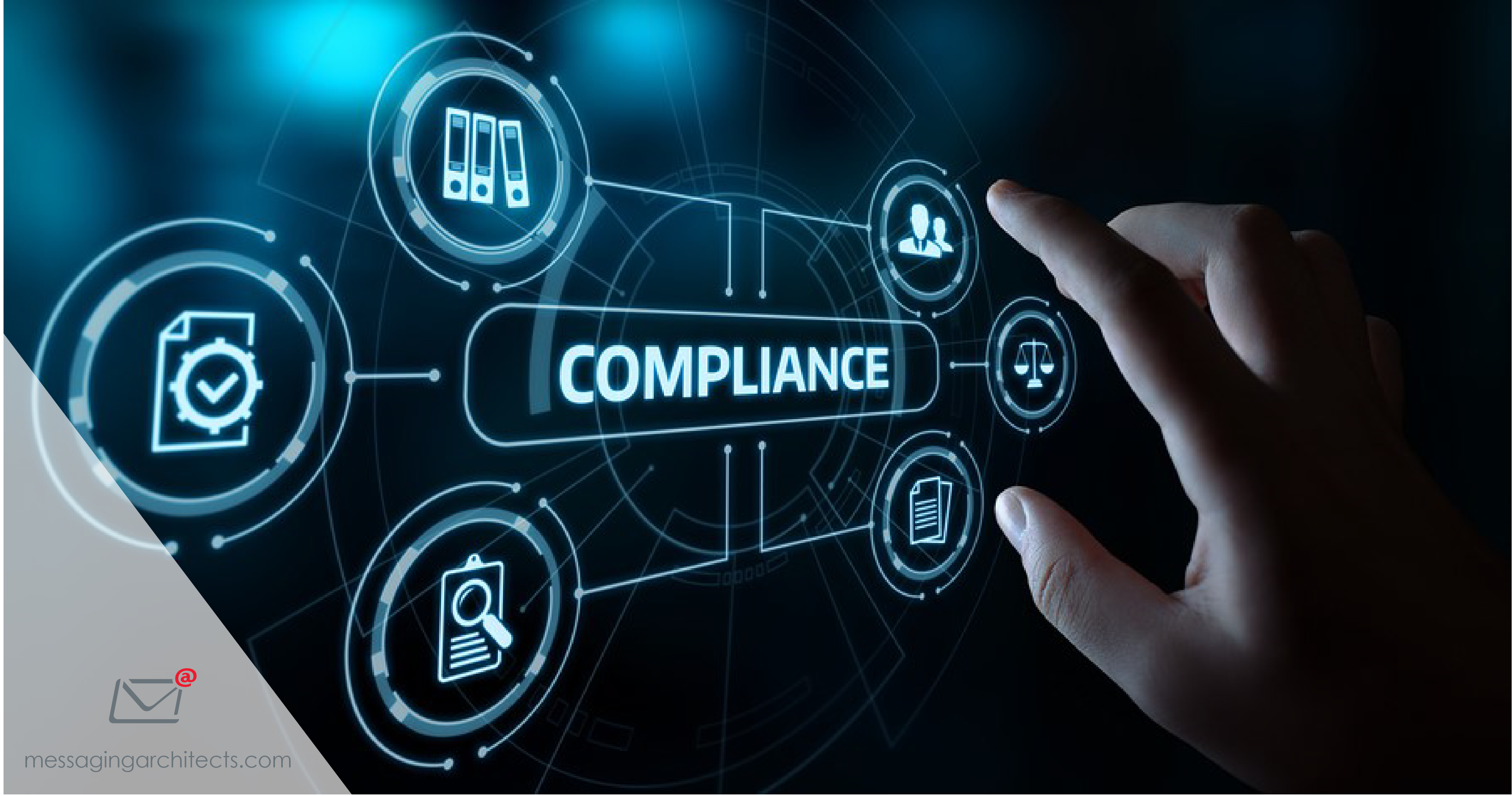We live in an information age, generating 2.5 quintillion bytes of data every day. That information can drive business strategy and spark astonishing innovation. At the same time, a data breach can spell disaster for organizations and for the people whose information they hold. Information governance helps keep data secure while making it accessible.
Consider these scenarios. In July, Capital One discovered that a data breach had compromised the personal information of more than 100 million individuals. On the other hand, vast quantities of data that could fuel valuable analytics remain unused because businesses lack the resources to retrieve the information effectively.
Organizations must understand both the dangers of improperly handled information and the business benefits of information governance. They can then begin to manage data assets in a way that keeps sensitive information safe while unlocking the business benefits of big data.
Mismanaged Information Increases Costs and Liability
On average, a data breach will cost an organization $3.86 million. But the danger of data falling into the wrong hands goes beyond money. In healthcare, for instance, a ransomware attack can disrupt care and significantly impact patient confidence. And, a report from the National Cyber Security Alliance showed that nearly two thirds of small businesses close within six months of a cyber-attack.
On the other end of the spectrum, organizations store huge amounts of information that is either redundant, outdated or trivial (in other words, ROT). That unnecessary data eats up storage space and can prove a legal liability in the case of an eDiscovery request. Finally, with so much unorganized data, organizations cannot find and use information for strategic planning.

Information Governance Aids Compliance and Strategy, Reduces Risk and Saves Time
While information governance has become a buzzword in recent years, the essential concepts incorporate basic common sense. Know where your data is and who owns it. Implement multi-layer security to keep information safe. And plan for data end of life. In turn, the benefits of properly managed data impact the entire organization.
For many industries, a significant benefit of information governance includes data compliance. Laws such as HIPAA and GDPR set strict rules to protect personal information, invoking stiff penalties for organizations that fail to comply. Organizations following best practices of information governance can easily demonstrate regulatory compliance.
As a related benefit, when businesses organize and manage data efficiently, they significantly mitigate the risk of data breach. Proper access controls, effective employee training and ongoing data monitoring all help to reduce vulnerabilities and keep information safe from attack.
In addition, with data properly organized, companies can easily prepare necessary information in the event of eDiscovery. Quick response to eDiscovery requests not only saves time and money; it also gives your organization the upper hand in negotiations.
Furthermore, the usefulness of data determines its value. Once you have properly categorized information, you can apply data analytics to drive business initiatives and support operational strategy.

Build Your Information Governance Strategy
For many organizations, information governance feels like a Herculean task. With terabytes of data in email, files misplaced on remote servers and even residing on smartphones, where does one begin? Even Hercules took his labors step by step. Start simple and build your strategy a piece at a time. Here are a few logical starting points:
- Ensure executive sponsorship – With top management fully committed to the process of information governance, it will prove much easier to build engagement throughout the rest of the organization.
- Establish a retention policy – Know the regulations for your industry and set your retention policy accordingly. Do not keep data for longer than necessary. Where possible, automate deletion and archival of outdated information.
- Educate employees – Effective information governance involves all employees. Include instruction on electronic document policies both during onboarding and at regular intervals. Employees cannot comply with policies they know nothing about, and the success of your program depends on them.
- Identify an existing business goal or problem – Information governance works best when you tie it to the solution of a business problem or strategic goal. For example, migrating to the cloud presents a perfect opportunity to implement information policies.
Tap into Existing Expertise
The team of experts at Messaging Architects brings decades of experience in information governance. We can help you develop comprehensive strategies for data and records management, as well as information security.









